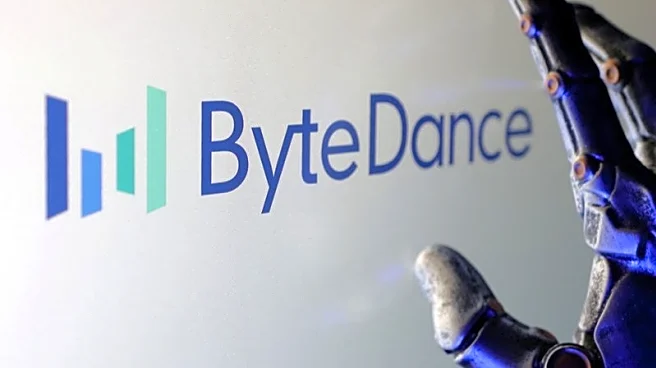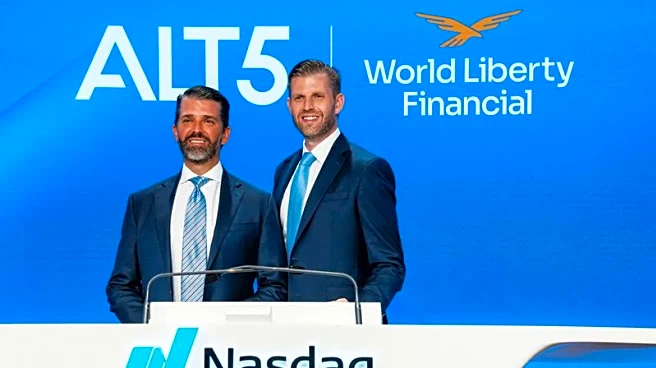Rapid Read • 6 min read
President Trump has negotiated a deal with Nvidia and AMD, allowing them to continue exporting certain chips to China in exchange for a 15% cut of sales. This arrangement, which involves Nvidia's H20 AI chips and AMD's MI308, has raised questions about its constitutionality, as the U.S. Constitution prohibits export duties. Legal experts are debating whether this deal constitutes an unconstitutional export tax. The deal is still theoretical, with legal details being finalized by the Department of Commerce. Treasury Secretary Scott Bessent has suggested that this model could be expanded to other industries.
AD
The deal represents a significant shift in U.S. trade policy, potentially setting a precedent for future government-corporate arrangements. If deemed constitutional, it could lead to similar deals across various industries, affecting international trade dynamics. The arrangement also highlights the ongoing tension between national security concerns and economic interests, particularly in the tech sector. The outcome of this deal could influence U.S. relations with China and impact the global semiconductor market.
The deal's structure has drawn comparisons to 'protection rackets,' where businesses pay a cut of revenues for market access. This raises ethical concerns about government intervention in private enterprise. Additionally, the deal could pressure other companies into similar arrangements, potentially stifling innovation and competition. The legal challenges surrounding the deal may also test the limits of executive power and constitutional law.
AD
More Stories You Might Enjoy











